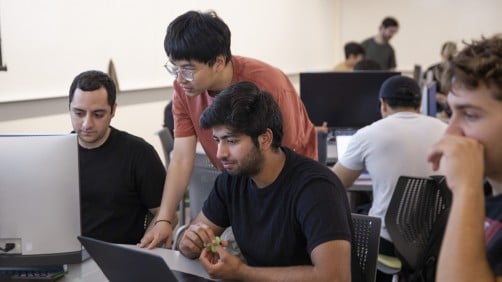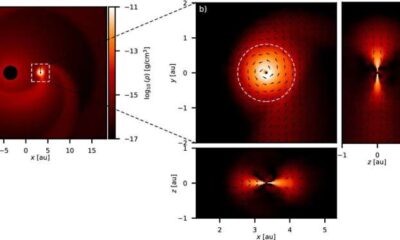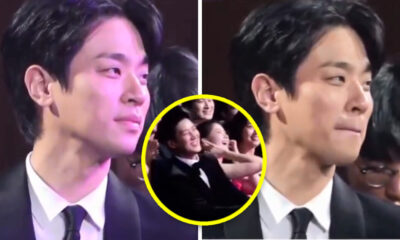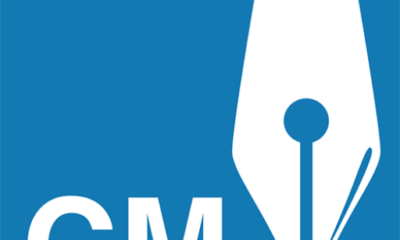Science
Arizona State University Transforms Programming Education Approach

Artificial intelligence is reshaping various sectors, and software development is no exception. At Arizona State University (ASU), faculty members are rethinking how to prepare students for careers in this rapidly changing technological landscape. In the School of Computing and Augmented Intelligence, assistant teaching professor Erik Trickel has taken significant steps to redefine the educational experience for students in the foundational course, CSE 240 Introduction to Programming Languages.
Trickel’s approach shifts away from traditional lectures, which often left students disengaged, to a more interactive, hybrid model that emphasizes collaboration and active problem-solving. He humorously recalls his past lectures, noting that students might have “zoned out” during critical moments. “Computer science isn’t something you can half-get,” Trickel explains. “My goal was to build a class that supports deep, non-negotiable learning in a way that is supportive and fun.”
Innovative Learning Environment
With the assistance of instructional innovation coaches Stefani Jenkins and Jonathan Baek, Trickel transformed the class to ensure students engage actively. Rather than being passive listeners, students now work in small groups to tackle programming challenges, supported by trained staff members who facilitate discussions and encourage participation.
A key component of this new model is a mastery-based grading system. Students must complete live programming challenges in a proctored setting and can attempt these challenges multiple times until they succeed. “There’s no way to fake it,” Trickel emphasizes. “You can’t just memorize answers or copy code from online. You have to demonstrate the skill.” This approach fosters a culture where struggle is viewed not as failure, but as an integral part of the learning process.
Collaboration and Community Building
The collaborative environment has resonated with students. Chelsea Allyson Angeles, a computer science student focusing on cybersecurity, shares that working in groups enhances problem-solving by allowing diverse perspectives to emerge. “When you are thinking alone, you have no access to other perspectives,” she notes. “But in groups, we swap ideas and help each other.”
For Mahin Patel, a sophomore, the class has not only honed coding skills but also fostered lasting friendships. “The class really makes learning fun,” he states. Fellow student Darya Riazati highlights the course’s alignment with real-world software development practices, noting that collaborative group work emulates agile methodologies and prepares students for industry expectations.
The course also encourages former students to return as mentors, creating a cycle of learning and support. Sriharsha Silasagaram, a sophomore who previously took the class, eagerly returned as a teaching assistant. “The class was one of my favorites,” he recalls. “I wanted to come back and offer the same support I received to other students.” This mentorship aspect reinforces Trickel’s philosophy that teaching solidifies knowledge and enhances programming skills.
In addition to developing technical skills, the revamped CSE 240 course emphasizes critical thinking, effective collaboration, and confidence-building. Trickel stresses the importance of students mastering coding and debugging skills independently while utilizing AI tools as a supplemental resource. “If you let AI do the thinking for you, you’re not actually learning,” he warns.
The objective is clear: graduates should lead technological advancements rather than follow them. This educational philosophy aligns with the broader vision at ASU, where computer science education must adapt as swiftly as the technology it imparts. By integrating collaboration, persistence, and mentorship with modern tools, CSE 240 offers a glimpse into the future of programming education, equipping students with the confidence to thrive in an AI-driven world.
“Students leave this class knowing they can do it,” Trickel concludes. “And that confidence will carry them through their careers.”

-

 Science2 months ago
Science2 months agoUniversity of Hawaiʻi at Mānoa Joins $25.6M AI Initiative for Disaster Monitoring
-

 Health2 months ago
Health2 months agoNew Gel Offers Hope for Regrowing Tooth Enamel in Dentistry
-

 Science1 month ago
Science1 month agoALMA Discovers Companion Orbiting Red Giant Star π 1 Gruis
-

 Lifestyle1 month ago
Lifestyle1 month agoPark Jung Min’s Endearing Moment with Hwasa Steals Show at Awards
-

 Science2 months ago
Science2 months agoIROS 2025 to Showcase Cutting-Edge Robotics Innovations in China
-

 Lifestyle2 months ago
Lifestyle2 months agoStone Island’s Logo Worn by Extremists Sparks Brand Dilemma
-

 Lifestyle2 months ago
Lifestyle2 months agoSampson County Celebrates Susie Faison’s 100th Birthday Milestone
-

 Health2 months ago
Health2 months agoStartup Liberate Bio Secures $31 Million for Next-Gen Therapies
-

 Lifestyle2 months ago
Lifestyle2 months agoMary Morgan Jackson Crowned Little Miss National Peanut Festival 2025
-

 Health2 months ago
Health2 months agoTop Hyaluronic Acid Serums for Radiant Skin in 2025
-

 Politics2 months ago
Politics2 months agoJudge Considers Dismissal of Chelsea Housing Case Citing AI Flaws
-

 World2 months ago
World2 months agoBravo Company Veterans Honored with Bronze Medals After 56 Years








